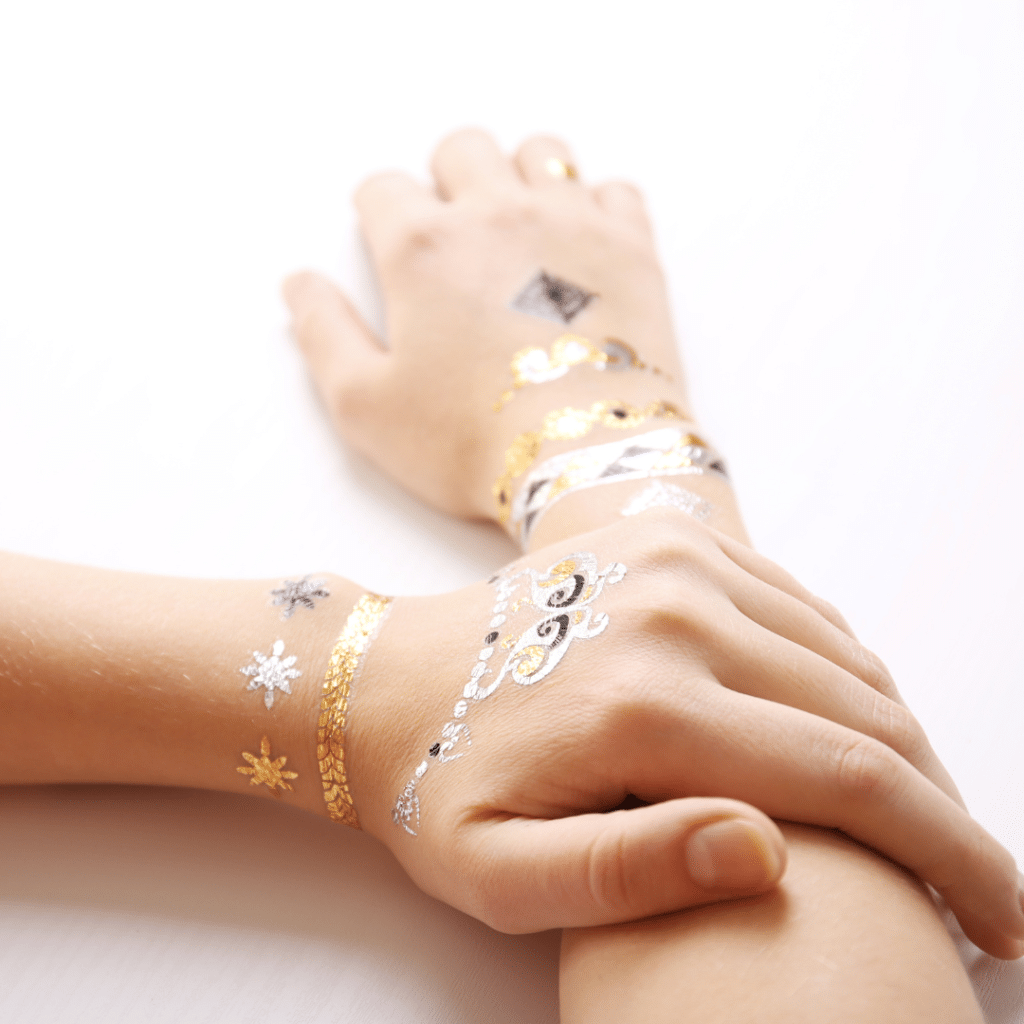Are you considering getting a tattoo but unsure if it’s permissible in Islam? The topic of tattoos in Islam is a complex and often debated one, with various interpretations and opinions within the Islamic community. It’s crucial to approach this subject with respect and sensitivity to the beliefs and traditions of Islam. In this blog post, we’ll delve into the significance of tattoos in Islam, addressing the common question: Is tattoo haram in Islam?
We’ll provide you with a comprehensive overview and insights to help you understand this issue from an Islamic perspective. So, let’s embark on this enlightening journey together and unravel the complexities surrounding tattoos in Islam.
What are tattoos?
So, you’re curious about tattoos, huh? Well, let’s dive in and explore the fascinating world of body art!
The History of Tattoos
Picture this: From ancient tribes to contemporary cultures, tattoos have been a timeless form of self-expression and art. They hold the stories of generations, symbolizing beliefs, status, and personal experiences. For many, tattoos are like a living, breathing canvas, a way to etch their journey and identity onto their skin.

Tattooing Process
Ever wondered how it all goes down? The process of getting a tattoo involves using a needle to insert ink into the second layer of the skin, creating stunning and intricate designs. It’s like a beautiful dance between the tattoo artist’s skill and your imagination, resulting in a permanent masterpiece on your body.
Significance and Meaning
Tattoos are more than just ink on skin; they often hold deep personal significance. Each design, whether it’s a symbol, an image, or a quote, carries a unique story. It can be a tribute to a loved one, a representation of cultural heritage, or a reminder of overcoming an obstacle. Your tattoo can be a visual storybook, narrating the chapters of your life.
Social Perceptions
In today’s world, tattoos have become a mainstream form of self-expression. However, societal perceptions of tattoos have varied over time and across different cultures. From being associated with rebellion to becoming a symbol of individuality, tattoos have undergone a fascinating transformation in how they are perceived.
The Modern Tattoo Culture
Fast forward to the present day, and you’ll witness an explosion of creativity in the tattoo world. With advancements in tattooing technology, the possibilities are endless. From minimalistic designs to elaborate sleeves, there’s a tattoo style for every persona and preference.
So, now that we’ve uncovered the essence of tattoos, are you ready to explore the intriguing debate about tattoos in the context of Islam? Let’s dive into the next section to unravel this thought-provoking topic!
Is Tatoo Haram in Islam?
In Islamic teachings, the human body is considered a sacred trust from Allah, to be cherished, respected, and maintained in its natural state. Therefore, altering the body’s natural state through body modifications, including tattoos, raises important considerations within the Islamic faith.
Islamic View on Body Modification
Islamic teachings emphasize the principle of respecting the body as a divine gift and preserving its natural state. While there is no specific prohibition against altering one’s appearance, the general stance advises against practices that may disrespect or deface, or make a permanent change to the body and consider it a major sin.

Association with Pagan Practices
Furthermore, tattoos are historically associated with pre-Islamic pagan rituals/pre-islamic arabia. During the Jahiliyyah (pre-Islamic period of ignorance), tattooing was prevalent among various pagan communities. As Islam emphasizes the abandonment of practices associated with pre-Islamic ignorance and the importance of adhering to monotheism, it is imperative to avoid traditions linked to non-Islamic faiths. This serves as a reminder to Muslims to uphold their spiritual identity and avoid affiliations with practices that contradict Islamic teachings.
Challenges in Performing Religious Obligations
When you bear tattoos, the implications can be more than skin-deep. The issue of ritual purity is a central concern, as tattoos can hinder the ability to perform religious rites. In Islam, the preservation of ritual purity is crucial, and tattoos may present obstacles in this regard. Additionally, the process of ablution, a necessary purification ritual before prayer, can be compromised by the presence of tattoos as the ink prevents the skin from getting wet because, unlike popular beliefs, the ink is not deposited on top of the skin like henna and temporary tattoos, it is deposited in the dermis layer of the skin which is why it requires a needle.
Scriptural References
The Quran and Hadith do not explicitly mention tattoos. However, there are references in the Hadith that warn against causing harm or disfigurement to the body especially if they cause unnecessary pain. These teachings emphasize the importance of preserving one’s physical form and avoiding unnecessary alteration that may lead to dissatisfaction or harm.
‘Abd-Allaah ibn Mas’ood (may Allah be pleased with him) said: “May Allah curse the women who do tattoos and those for whom tattoos are done, those who pluck their eyebrows and those who file their teeth for the purpose of beautification and alter the creation of Allah.” (Sahih Bukhari, al-Libas, 5587; Muslim, al-Libas, 5538)
In understanding the perspective of permanent tattoos in Islam, it is essential to consider the underlying principles of honoring and safeguarding the body as Allah’s creation.
For further insights, you can refer to Islamic Perspectives on Body Modification to delve deeper into the religious teachings and interpretations regarding body modifications in Islam.
Are Temporary Tattoos Haram in Islam?
Temporary tattoos or removable tattoos are forms of body art designs printed on special paper and transferred onto the skin on any parts of the body using water. They are not permanent and can be easily removed with soap and water or rubbing alcohol. Temporary tattoos allow you to experiment with different designs without the long-term commitment of a real tattoo or the health risk. They are a popular choice for events, parties, or simply for adding a playful touch to your look. Temporary tattoos come in a variety of designs, from cute and colorful to edgy and bold, and can be a fun way to express your style without the permanence of a real tattoo.
The Concept of Temporary Tattoos
So, you’re curious about temporary tattoos and whether they align with Islamic values. Temporary tattoos involve applying ink or dyes onto the skin to create a design that looks similar to a permanent tattoo but without a lifelong commitment. These tattoos are often seen as a form of self-expression or a temporary fashion statement, with designs ranging from patterns to images of various symbols, animals, or objects.

Understanding Islamic Perspectives
From an Islamic viewpoint, many Islamic scholars consider temporary tattoos permissible because they don’t have a permanent effect on the body with the exception of not using tattoos that contradict Islamic views like getting temporary tattoos of humans, animals (Allah/God’s creation) or any symbols that offend Islam.
Conclusion
Now that we’ve explored the question: Is tattoos haram in Islam? The prohibition of tattoos in Islam is very clear. The Islamic perspective on tattoos is rooted in the belief that the human body is a sacred trust from the Creator and should not be altered unnecessarily. While opinions on tattoos in Islam may vary among scholars and cultural contexts, the general consensus is that tattooing is haram, or forbidden, due to the permanent alteration of the body and for medical reasons as well.
If you are interested in teaching Quran online or want to learn Quran online join us today by sending us an email on our contact form!



